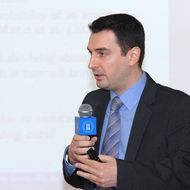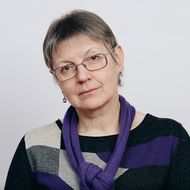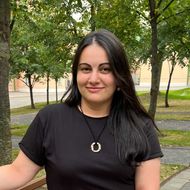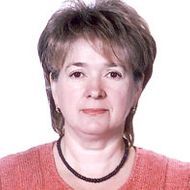- A
- A
- A
- ABC
- ABC
- ABC
- А
- А
- А
- А
- А
- HSE University
- Faculty of Economic Sciences
- Department of Theoretical Economics
- News
- Paper of Eren Arbatli in Journal of Economic Growth
-
Department
109028, Moscow,
Pokrovsky Boulevard 11, Rooms: S1029, S1030
Phone: +7 (495) 772-95-90*27172, 27174, 27601, 28270
The Department of Theoretical Economics brings together highly qualified specialists in various fields of economics, including micro and macroeconomics, monetary and financial theory, economic history and the history of economic thought. Our mission is to teach economic disciplines at HSE on the level of leading Western universities.
Mendes Cunha A., Denis Melnik, da Motta e Albuquerque E.
Review of Keynesian Economics. 2025. Vol. 13. No. 2. P. 171-189.
In bk.: Human-Centric Decision and Negotiation Support for Societal Transitions: 24th International Conference on Group Decision and Negotiation, GDN 2024, Porto, Portugal, June 3–5, 2024, Proceedings. Cham: Springer, 2024. P. 102-113.
Andreyanov P., Krasikov I., Suzdaltsev A.
arxiv.org. Theoretical Economics. Cornell University, 2024
109028, Moscow,
Pokrovsky Boulevard 11, Rooms: S1029, S1030
Phone: +7 (495) 772-95-90*27172, 27174, 27601, 28270

Paper of Eren Arbatli in Journal of Economic Growth
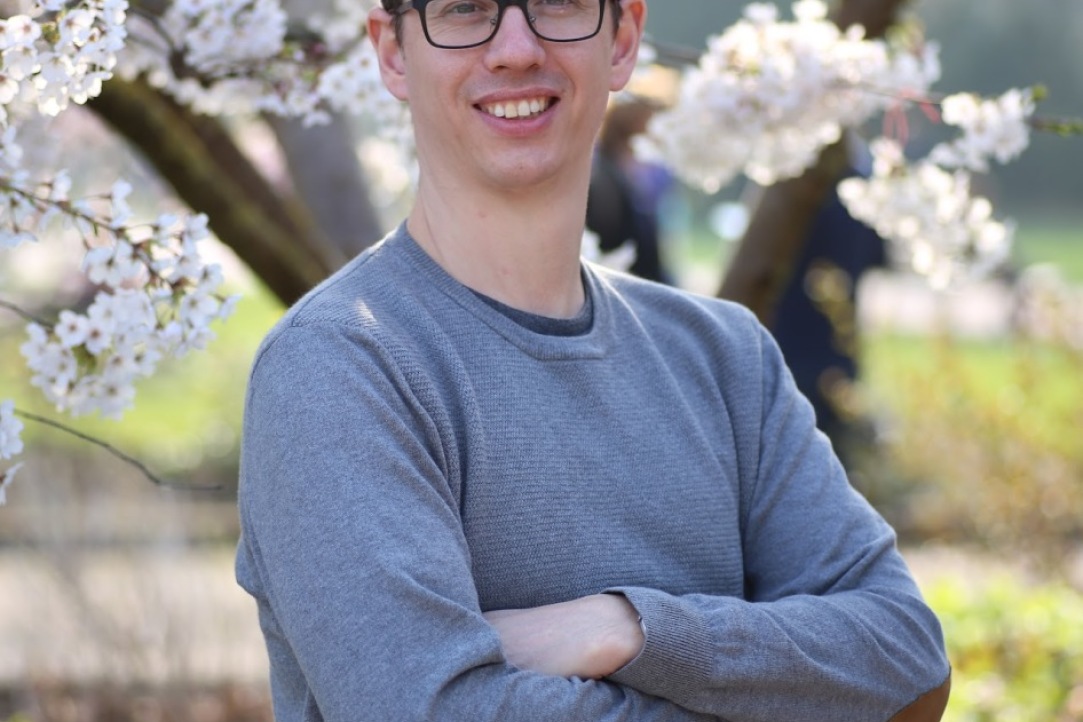
Below is a short summary of the paper:
Can the economic legacy of highly skilled groups persist long after they were uprootedfrom their homelands? To answer this question, we study long-term sub-nationaldevelopment in Turkey after the mass expulsions of the Armenian and Greek com-munities of the Ottoman Empire in the early 20th century. Since these events led toan almost complete and permanent removal of both communities from Turkey withina short time period, they provide a unique quasi-natural experiment that rules out anydirect minority influence on development in the post-expulsion period. By exploitinglocal variations in historical minority population shares and community buildingsacross modern districts and villages/neighborhoods within each district, we documenta sizable Armenian and Greek legacy effect on contemporary measures of economicdevelopment. We argue that this persistent influence is grounded on the significantcontribution of Armenian and Greek communities to human capital accumulationamong Muslims. We show evidence that inter-group transfers of skills and knowledgewere instrumental in this process, leading to greater human capital among Muslims inminority regions both in the past and today.
Cemal Eren Arbatli
Associate Professor, Department of Theoretical Economics
- About
- About
- Key Figures & Facts
- Sustainability at HSE University
- Faculties & Departments
- International Partnerships
- Faculty & Staff
- HSE Buildings
- Public Enquiries
- Studies
- Admissions
- Programme Catalogue
- Undergraduate
- Graduate
- Exchange Programmes
- Summer Schools
- Semester in Moscow
- Business Internship
-
https://elearning.hse.ru/en/mooc/
Massive Open Online Courses
-
https://www.hse.ru/en/visual/
HSE Site for the Visually Impaired
-
http://5top100.com/
Russian Academic Excellence Project 5-100
- © HSE University 1993–2025 Contacts Copyright Privacy Policy Site Map
- Edit
